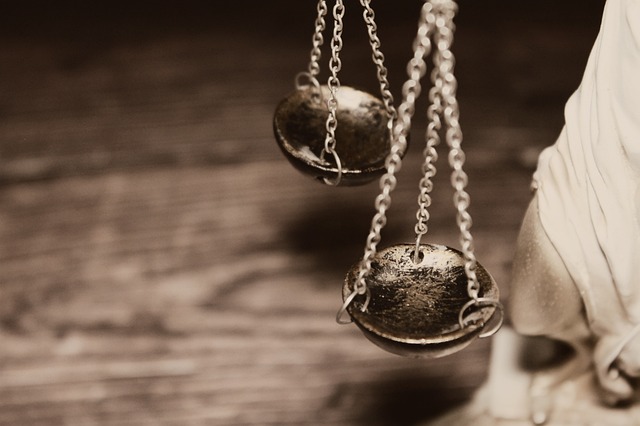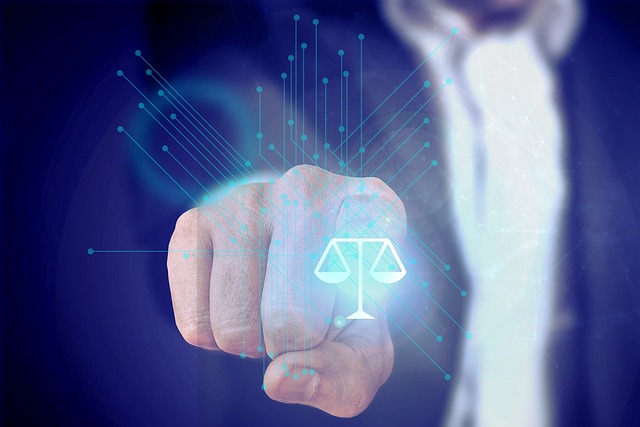Civil Law Experts in Defamation Suits play a critical role in protecting reputations from false statements through specialized knowledge of complex legal landscapes, media standards, and public interest defenses. Their expertise is crucial for strategic defense planning, evidence presentation, and mitigating reputational risks in high-stakes cases, especially in the digital age where regulatory non-compliance can severely harm organizations. These experts navigate global variations in common law and civil law jurisdictions, ensuring fairness and transparency in defamation litigation.
Navigating regulatory compliance issues is crucial for businesses aiming to safeguard their reputation and ensure long-term viability. This article delves into key aspects of legal navigation, including understanding defamation laws in civil litigation, leveraging expert testimony, crafting robust strategic defenses, and assessing the global landscape. With a focus on insights from civil law experts in defamation suits, learn how proactive strategies can mitigate risks and foster business continuity.
- Understanding Defamation Laws in Civil Litigation
- Expert Testimony: Navigating Legal Complexities
- Strategic Defense Against Accusations
- Impact on Reputation and Business Continuity
- Global Perspectives on Regulatory Compliance
Understanding Defamation Laws in Civil Litigation

Defamation laws play a crucial role in civil litigation, especially when it comes to protecting an individual’s reputation. In the context of civil law, defamation refers to making false statements that harm someone’s reputation or cause them embarrassment or humiliation. This can take various forms, including written, verbal, or digital communication. When considering defamation cases, Civil Law Experts in Defamation Suits across the country have emphasized the importance of understanding both the substance and context of the statement.
The complexity of these laws means that navigating a defamation suit requires expert legal knowledge. Corporate and individual clients alike can face significant risks when accused of defamation, with potential financial and reputational consequences. A general criminal defense strategy may not be sufficient; instead, a nuanced approach is needed to address the specific challenges posed by civil defamation cases. This often involves careful analysis of media standards, public interest defenses, and the impact on freedom of speech.
Expert Testimony: Navigating Legal Complexities

Expert testimony plays a pivotal role in navigating the legal complexities of civil law, especially in high-stakes cases like defamation suits. When complex issues are at play, such as those involving white-collar and economic crimes, having highly specialized knowledge becomes indispensable. Civil Law Experts in Defamation Suits bring a wealth of experience and an in-depth understanding of the intricate rules and regulations that govern these matters. Their role is crucial, ensuring that all evidence is presented accurately and within the legal framework.
In jury trials, where public perception can heavily influence outcomes, expert witnesses provide clarity and context. They help juries comprehend the nuances of complex financial transactions or interpret technical language used in legal documents. This specialized knowledge can significantly impact the course of a trial, potentially leading to the complete dismissal of all charges if the evidence presented doesn’t meet the required legal standards.
Strategic Defense Against Accusations

Facing accusations in civil law cases, particularly defamation suits, requires a strategic defense approach. Civil law experts specializing in defamation understand the nuances of these complex matters, offering crucial guidance to clients facing such allegations. Their expertise lies in navigating the intricate legal landscape, where words and actions can have significant consequences. By employing robust strategies, they help individuals and businesses alike avoid indictment and mitigate potential damage to their reputation and respective business interests.
A well-crafted defense involves meticulous fact-finding, identifying the source of the dispute, and gathering evidence to counter the accusations. These legal professionals possess the skills to challenge the validity of claims, ensuring that every aspect of the case is thoroughly examined. Through proactive measures, they aim to protect their clients’ interests, promoting a fair outcome in what can often be a challenging environment.
Impact on Reputation and Business Continuity

Regulatory compliance issues can have a profound impact on an organization’s reputation and business continuity. When companies fail to adhere to legal and regulatory frameworks, they open themselves up to a range of consequences, including financial penalties, lawsuits, and damage to their public image. In today’s digital era, where information spreads rapidly, even a single compliance breach can create a ripple effect, eroding customer trust and loyalty.
Civil law experts in defamation suits play a crucial role in mitigating these risks, particularly when corporate and individual clients face accusations of non-compliance. These legal professionals help their clients navigate complex regulatory landscapes, providing guidance on general criminal defense strategies to ensure long-term business sustainability. By proactively managing potential reputational damage, companies can maintain their integrity and continue to thrive in a competitive market.
Global Perspectives on Regulatory Compliance

Regulatory compliance is a global concern, with varying perspectives and approaches across different legal systems. In common law jurisdictions, regulatory oversight often involves robust judicial review and a strong emphasis on precedent, where civil law experts in defamation suits play a pivotal role in interpreting laws and guiding enforcement. This system encourages transparency and accountability throughout all stages of the investigative and enforcement process, ensuring that regulations are applied fairly and consistently.
In contrast, some civil law countries prioritize administrative agencies for regulatory compliance, focusing on prevention and rapid response to violations. These jurisdictions often encourage collaboration between governmental bodies, business sectors, and the philanthropic and political communities to establish and enforce regulations effectively. This collective approach aims to adapt regulations swiftly to changing societal needs, ensuring a harmonious balance between economic growth and public interest.
Navigating regulatory compliance issues, especially in the realm of civil litigation, demands a strategic approach. Understanding defamation laws, leveraging expert testimony, and employing robust defense strategies are key to mitigating risks. The global perspective on these matters underscores the importance of proactive measures to protect reputation and ensure business continuity. Engaging civil law experts in defamation suits can significantly enhance your navigation through these complex legal landscapes, ultimately fostering a more resilient and adaptable organization.






